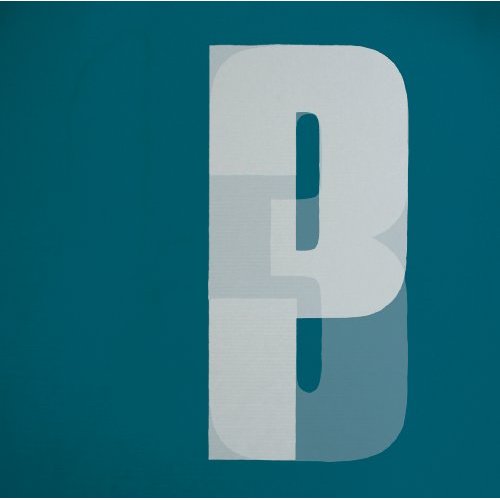
Portishead
Third
Release Date: Apr 29, 2008
Genre(s): Rock, Electronic
Record label: Mercury
Music Critic Score
How the Music Critic Score works
Buy Third from Amazon
Album Review: Third by Portishead
Excellent, Based on 7 Critics
Based on rating 9/10
Such messiness is crucial to Portishead, as there's nothing tidy about the group or its music. Experimental rock is often derided as being cerebral -- and this is surely enjoyable on that level, for as many times as Third can be heard it offers no answers, only questions, questions that grow more fascinating each time they're asked -- but what sets Portishead apart is that they make thrillingly human music. That's not solely due to Gibbons' haunting voice, which may offer an entryway into this gloom but not its only glimpse of soul, as the perfectionism of Barrow and Utley have resulted in an album where nothing sounds canned or processed, the opposite of any modern record where every sound is tweaked so it sounds unnatural.
Based on rating 8.5/10
Almost ten years since releasing the live album PNYC, Portishead has appeared out of near obscurity with the highly anticipated Third in hand. The now somewhat dated trip-hop genre--which the band helped to pioneer and popularize--has evolved, making frontwoman Beth Gibbons’ influence here (and her interim work with Paul Webb on Out of Season) particularly resonant. No doubt most consider Portishead Gibbons’ to be band anyhow, as her distinct and ethereal vocals are rarely heard beyond the perimeters of the Portishead sound.
Based on rating 4.0/5
Review Summary: A charm.Oh, to be a member of a mainstream hard rock band. If you found yourself in the ranks of an AC/DC, an Aerosmith, a Nickelback, then life would be easy - churn out the same two songs over and over again and have done with it. Your fans would expect nothing less, so the money would keep rolling in, and best of all, you'd never actually have to think about your music.
Based on rating B+
Portishead return from a 10-year hiatus eager to stretch beyond the blunted ”trip-hop” genre that the U.K. trio helped pioneer in the ’90s. A few tracks on Third move at faster tempos (”Silence,” ”We Carry On”), smoky jazz samples are complemented by metallic synth riffs, and turntable scratching has been omitted entirely. As a result, Beth Gibbons’ spectral vocals linger atop eerie, warped pulses of music to create a swirl of melancholia.
Based on rating 3/5
Remember Portishead? No? Well, that’s understandable, since whole genres of music have come and gone in the 11 years since their last studio album (most notably trip-hop, with which they’ve become synonymous). It’s a relief to find that they haven’t tried to replicate their past successes on Third. They’ve maintained the dark, cinematic vibe of their best work, but instead of the dreamlike quality of the past, the sounds and structures here are assembled with more jarring consequences.
Opinion: Excellent
The penultimate scene in James Whale’s classic horror film Bride of Frankenstein features the awakening of the Monster’s mate, played by the severe yet striking Elsa Lancaster. The Bride, with her shock of white hair and erratic yet sensual body language, embodies the jarring juxtaposition of the lamplight world against the blinding verisimilitude of the electric age. At their best, Portishead provides a musical corollary; vocalist Beth Gibbons’ piercing tenor betrays the anguish of an analog soul torn apart and reconstituted in Geoff Barrow’s Frankenstein-like arrangement of ones and zeroes.
Opinion: Great
Mid-1990s Britain yielded some questionable pop pap, but Portishead was an exception. Singer Beth Gibbons, guitarist Adrian Utley, and multi-instrumentalist Geoff Barrow no doubt spent the last decade trying to shake a short-lived genre (trip-hop) that never really fit them. Smartly, the Bristol trio's first studio album since 1997 is free of the chopped samples and noir soundtracking that trademarked their sound, allowing them to create dissonance more organically.
'Third'
is available now

